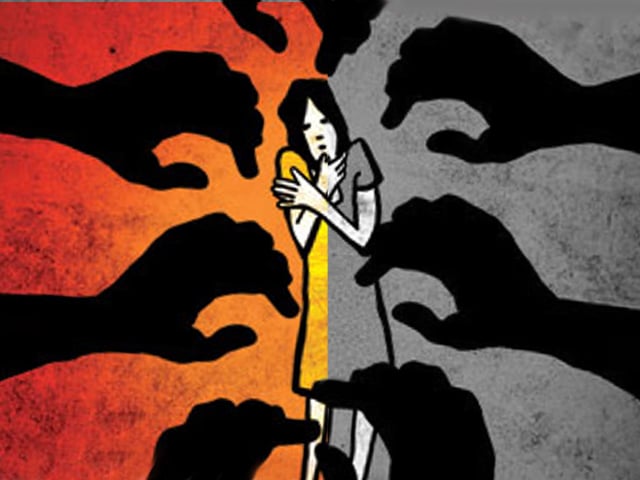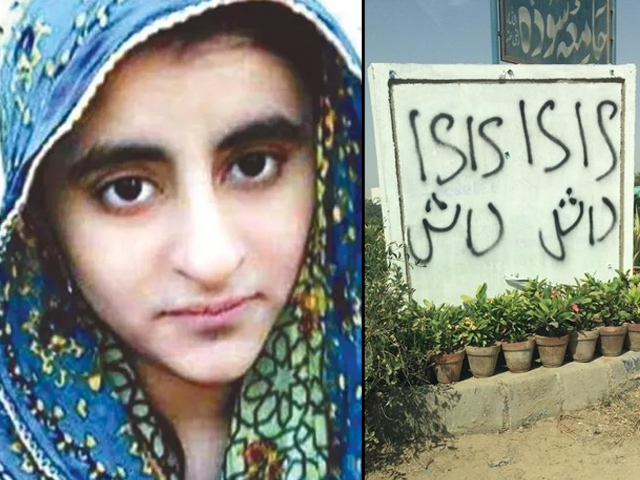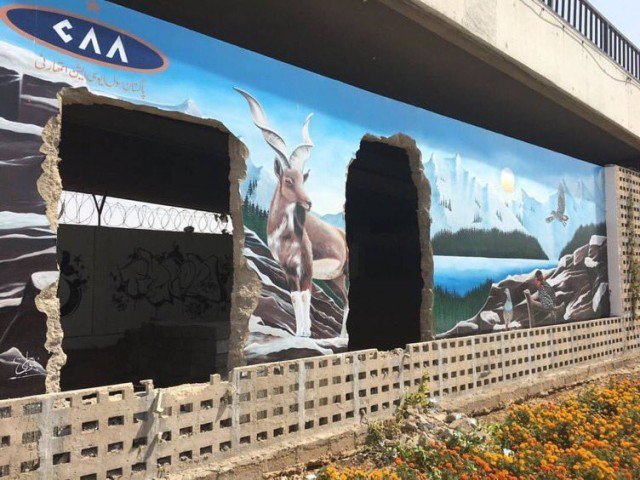
In Pakistan, we have 13-year-old rape victims
The teacher has been arrested, and has confessed to the crime (now that the child is four months pregnant).
The terrible news of a 13-year-old girl, raped and impregnated by her teacher in Larkana, Sindh, breaks the heart over and over again. The only good thing about this is that the teacher has been arrested, and has confessed to the crime (now that the child is four months pregnant).
A powerful essay talks about how nobody in the government has taken notice of this case. Worse, the community blames the victim’s family for not protecting her “honour”. Supposedly they should have protected her “honour” by either never letting her go to school in the first place, or by killing her as soon as they realised what had happened to her.
(I saw this same kind of victim-blaming in a recent blog written by a domestic violence victim in the US. From a Pakistani family, she writes about how she was mentally and emotionally tortured by her husband and his family. The comment section is full of people blaming her family for getting her married to him in the first place -- as if they knew he would be like this, when most families hide their sons’ anger management problems and tendencies to violence.)
On the other hand, there was good news in this case, where a man in Karachi was convicted and sent to jail for ten years because he raped and impregnated his niece. He denied all the accusations by the victim, but a DNA test proved him to be the father of her baby.
This is good news because it shows that the Pakistan Penal Code is fully equipped to deal with rape cases. Previously, they were dealt with under the Hudood Ordinance, but reforms made the rape clauses in the Ordinances defunct, shifting their ambit to the PPC instead. Sections 376 (punishment for rape) and 34 (common intention) of the Pakistan Penal Code were applied in this case.
It also shows the absolute necessity of DNA testing in cases of rape, a move that the Sindh government instituted last year. The Council of Islamic Ideology, which is trying to fight the Women’s Protection Bill tooth and nail in KPK, opposed the use of DNA testing in rape cases. It’s great to know that they were not successful and that the DNA testing is helping rape victims.
The CII and many conservative minds think that the threat of “Islam” is enough to stop rape from happening altogether, but it’s more the case that rapists don’t really think about “Islam” when they’re committing their crimes. Religion is meant to deal with the spiritual consequences of these crimes, but it is man-made laws that deal with the legal consequences on this earth. Still, laws like the Women’s Protection Act and the Domestic Violence bills can be seen as complimenting and supplementing divine law rather than working against it – IF your intention is to actually protect women and girls, not rapists.
But the sum of this is that the Pakistani state must continue to make improvements in its prosecution and conviction of rapists. Rape must be considered a crime against the state, not the individual, so that the entire state machinery can be effectively used to bring these criminals to court and then jail.
Women victims of rape like the ones in these cases (and Kainat Soomro and Mukhtaran Mai) who have been brave enough to speak out about their ordeals and see them through to their legal conclusion must be supported in their communities and by the state as well. It is very difficult to buck tradition which says girls and women who are raped must remain silent, or worse, pay the price for having been raped.
Individual courage and state responsibility can work miracles even in a country like ours.




COMMENTS (14)
Comments are moderated and generally will be posted if they are on-topic and not abusive.
For more information, please see our Comments FAQ